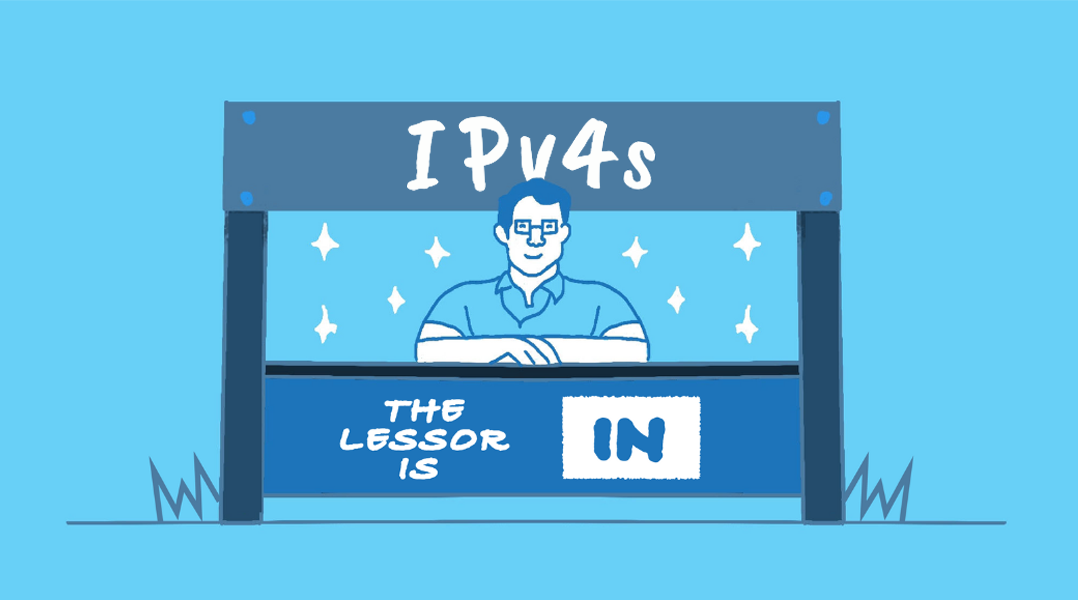The IPv4 Leasing Market
by Lee Howard

The market for IPv4 addresses has been active for at least 12 years. In recent years, a market for leasing IPv4 addresses has developed. The leasing market has been controversial, driving policy discussions at public policy meetings among the Regional Internet Registries (RIRs) that administer the IPv4 address records.
While the buy/sell market has hovered around 40MM addresses per year, the leasing market has grown to about 25MM addresses. Cogent recently disclosed that they are leasing over 11MM addresses. Larus says they have 10MM addresses, IPXO says they have 3MM, and InterLIR says they have 1MM. Comparing the sales and leasing markets shows a buy/sell market of $2B per year (at $50/address) and a leasing market of $105MM per year (at $4.20/address/year).
Demand for IPv4 addresses to lease comes from a variety of sectors. There are a few long term lessees, generally capital-constrained small ISPs or hosting companies. Networks like this face risk in the leasing market: when the lease is up, they have to acquire replacement addresses at whatever market conditions are at that time, and renumber into that space, incurring costs and potentially disrupting customers. Short term lessees tend to use the addresses in ways that will get them blocked, including spamming, but also sneaker proxies, screen scrapers, and extra-territorial VPNs.
There are some reasons to think the IPv4 leasing market will heat up. For one, with cloud providers charging up to $43 per address per year while the buy/sell market is well below that, anyone needing 100 or more addresses is better off buying them. Potentially even more attractive is leasing addresses for BYOIP; at $0.35 per address per month, network operators have ten years to migrate from IPv4 to IPv6, and still pay less than $43/address.
Further, there has been resistance to leasing among some RIR communities. Some community members fear that leasing will enable spam or other misbehavior. Others worry that an investor will buy up a lot of address space, raising prices on the buy-sell market, then extracting high rents on the leasing market. Of course, there is a pressure release on either market: accelerated adoption of IPv6, with transition technologies reducing the number of IPv4 addresses needed.
A potential surge in demand is more than offset by a potential surge in supply. At IPv4.Global, we have been fielding inquiries from multiple parties considering leasing out large amounts of IPv4 address space. While prices may fluctuate, there is enough address space and technology to satisfy both markets for the foreseeable future.